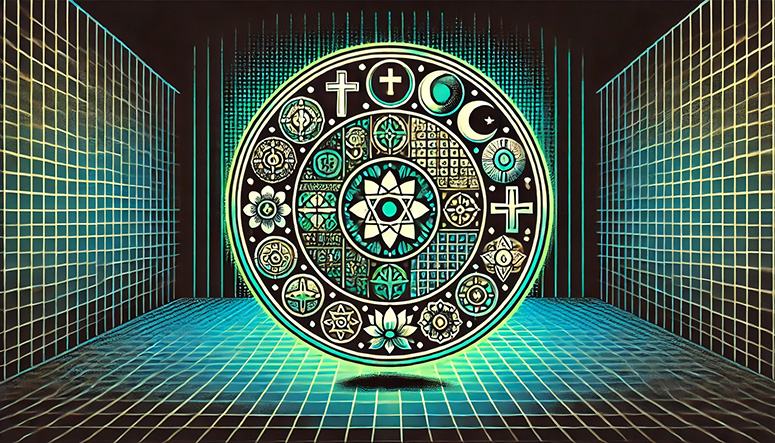Shintoism

Shintoism, an indigenous religion of Japan, encompasses spiritual beliefs and practices deeply rooted in the country's history and culture. At its core, Shintoism emphasizes the veneration of kami, or divine spirits, which manifest in various forms such as natural phenomena (e.g., mountains, rivers), ancestral deities, and even abstract concepts (e.g., harmony, growth). These spirits are believed to reside within shrines, where people perform rituals and make offerings to seek their blessings, protection, and guidance. Shintoism is characterized by its animistic worldview, polytheistic nature, and deep reverence for the harmony between humans, nature, and the divine. It promotes moral values centered around honesty, sincerity, and cleanliness while fostering a strong sense of community, loyalty, and filial piety. In essence, Shintoism encapsulates Japan's unique spiritual identity, blending reverence for the divine with an appreciation for the beauty and wonder of nature.